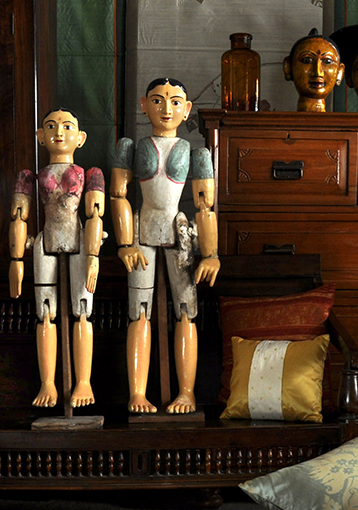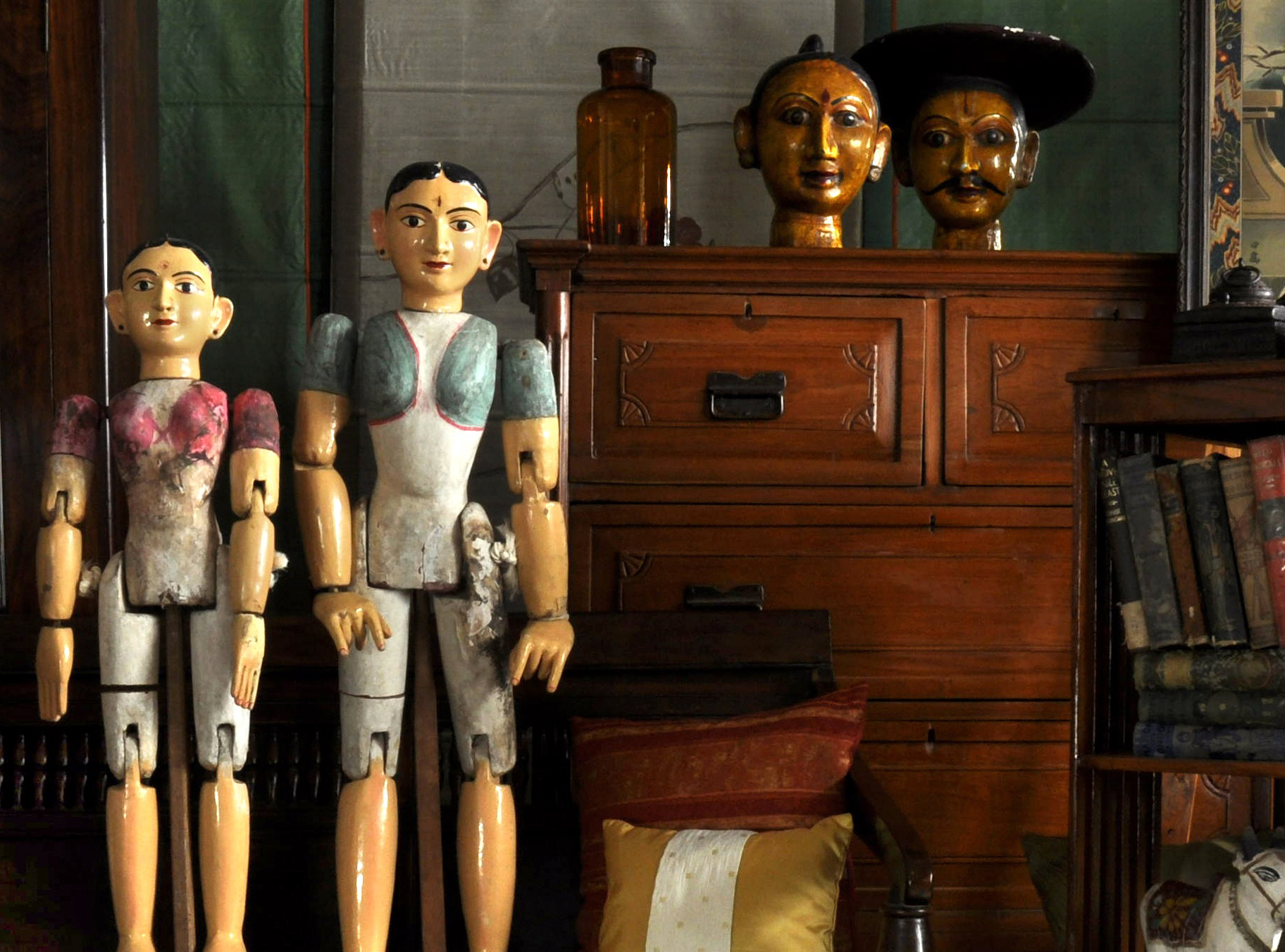- Home
- Bhikshatana - I
Loading...
Bhikshatana - I
All orders are insured for transit.
We ship worldwide.
All orders are insured for transit.
We ship worldwide.
Details
| Material: | Bronze (Lost Wax) |
| Size: | 8" (L) x 6" (W) x 18.75" (H) |
| Finish: | Antique Finish |
Description
-
Description
Read MoreBhikshatana is an aspect of the Hindu god Shiva, as the 'supreme beggar'. He is depicted as a nude man with a headdress and a cobra coiled around his legs, resting on his hips. He has four arms, and he holds a begging bowl in one of them, and a 'damru' or drum in another. Bhikshatana is seen wearing a woman's earring in one ear, and a man's earring in the other, which is an attribute from Shiva's synthesis with Parvati. A dog is seated next to him, reaching up to his right hand. This highly detailed sculpture is made using the lost wax process. -
ABOUT South Indian Bronze Sculptures
Read MoreBronze sculptures in South India, specifically in Kumbakonam area of Tamil Nadu, are made using the lost wax process. The Lost Wax Process, also called cire-perdue, is a method of metal casting in which hot metal is poured into a wax model, which is lost during the process. The process is used to make highly detailed bronze sculptures.
In the olden days, the castings were often made in copper, but bronze quickly became the preferred material for statuary, as it is stronger and more tensile. This method of sculpting involves creating a solid wax model of the figure, and then wrapping it in a clay mould. The model is then heated to melt the wax and harden the clay. Molten metal is poured into the inverted clay mould, and upon cooling, the clay mould is broken to reveal a solid sculpture.
Sculptures made using this method are one of a kind, since the mould must be broken to take the statue out. A sculptor typically spends several weeks to months working on one piece, thereby making such sculptures harder to come by, and very special. The very fine detailing and the intricacy of the work adds to the beauty of each piece.
-
Details
Material: Bronze (Lost Wax) Size: 8" (L) x 6" (W) x 18.75" (H) Finish: Antique Finish -
Returns
We accept returns within 7 days of delivery if the item reaches you in damaged condition. -
Shipping
Shipping costs are extra, and will be calculated based on the shipping address.All orders are insured for transit.
We ship worldwide.
You May Also Like
This item has been added to your shopping cart.
You can continue browsing
or proceed to checkout and pay for your purchase.
This item has been added to your
shopping cart.
You can continue browsing
or proceed to checkout and pay for
your purchase.
This item has been added to your wish list.
You can continue browsing or visit your Wish List page.
Are you sure you want to delete this item from your Wish List?
Are you sure you want to delete this
item from your Wish List?


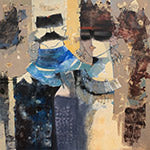
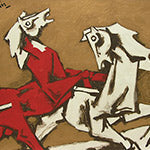

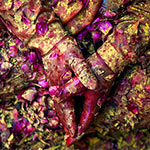
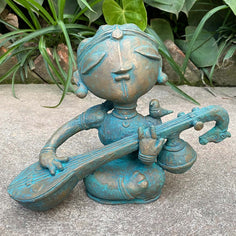
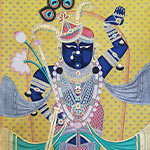
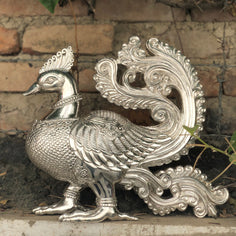
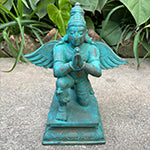
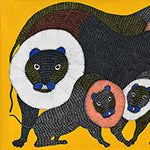
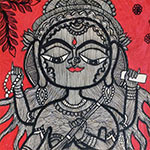
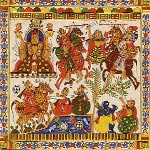
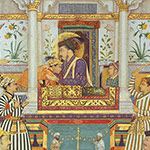
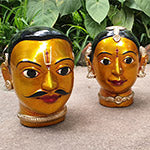


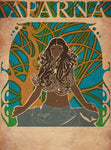
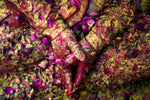


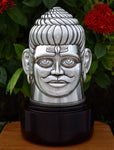




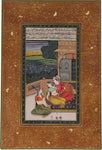
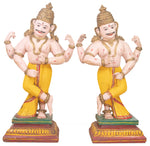
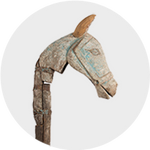
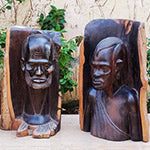
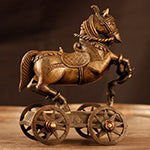

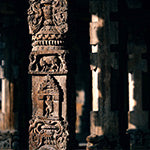

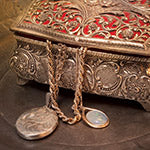
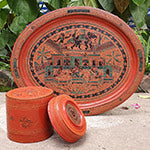
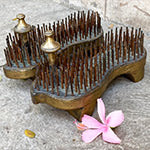

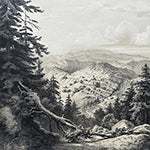
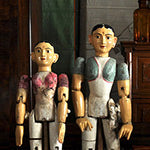
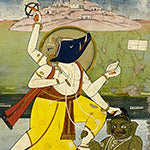
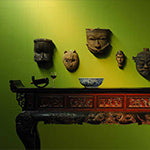
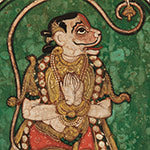

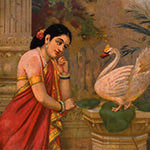
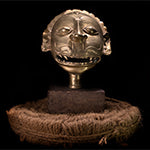
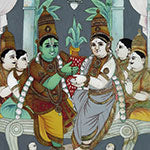
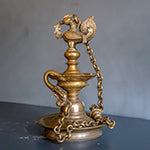
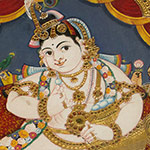
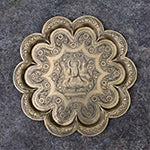
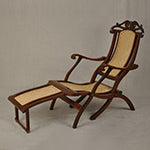
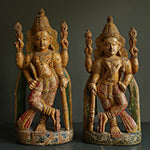


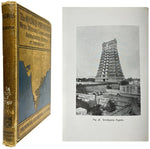


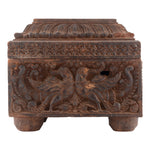
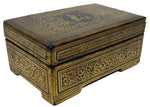




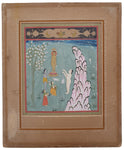
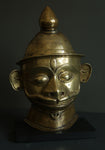
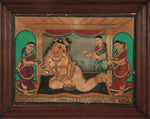

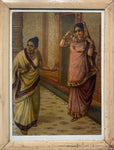

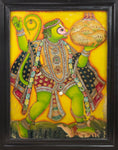
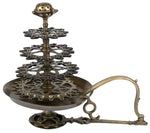
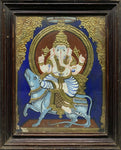
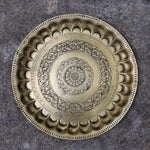

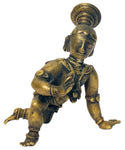


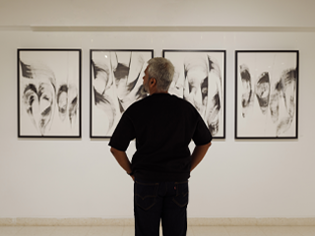
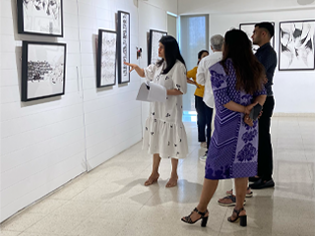








 View Full Screen
View Full Screen

